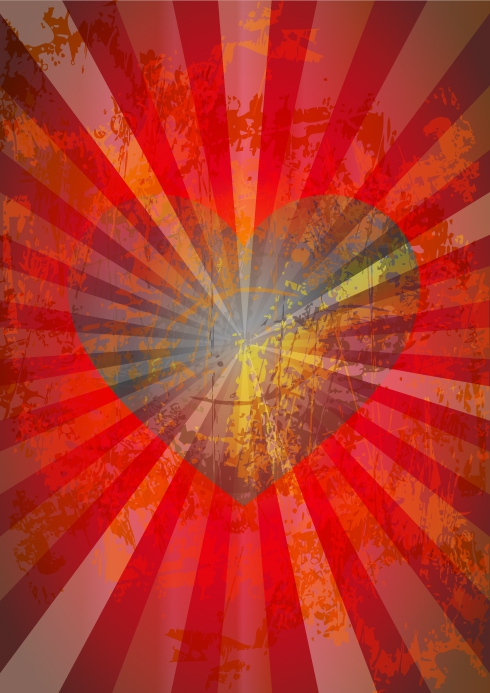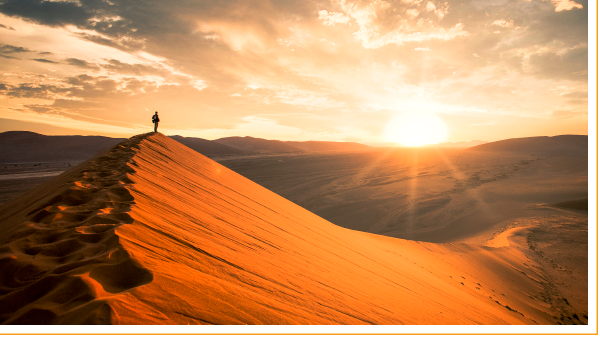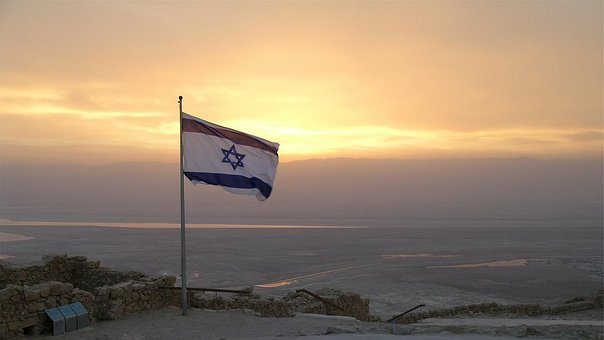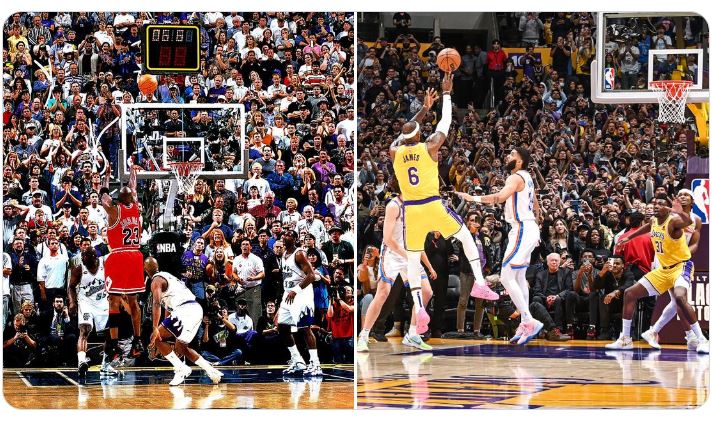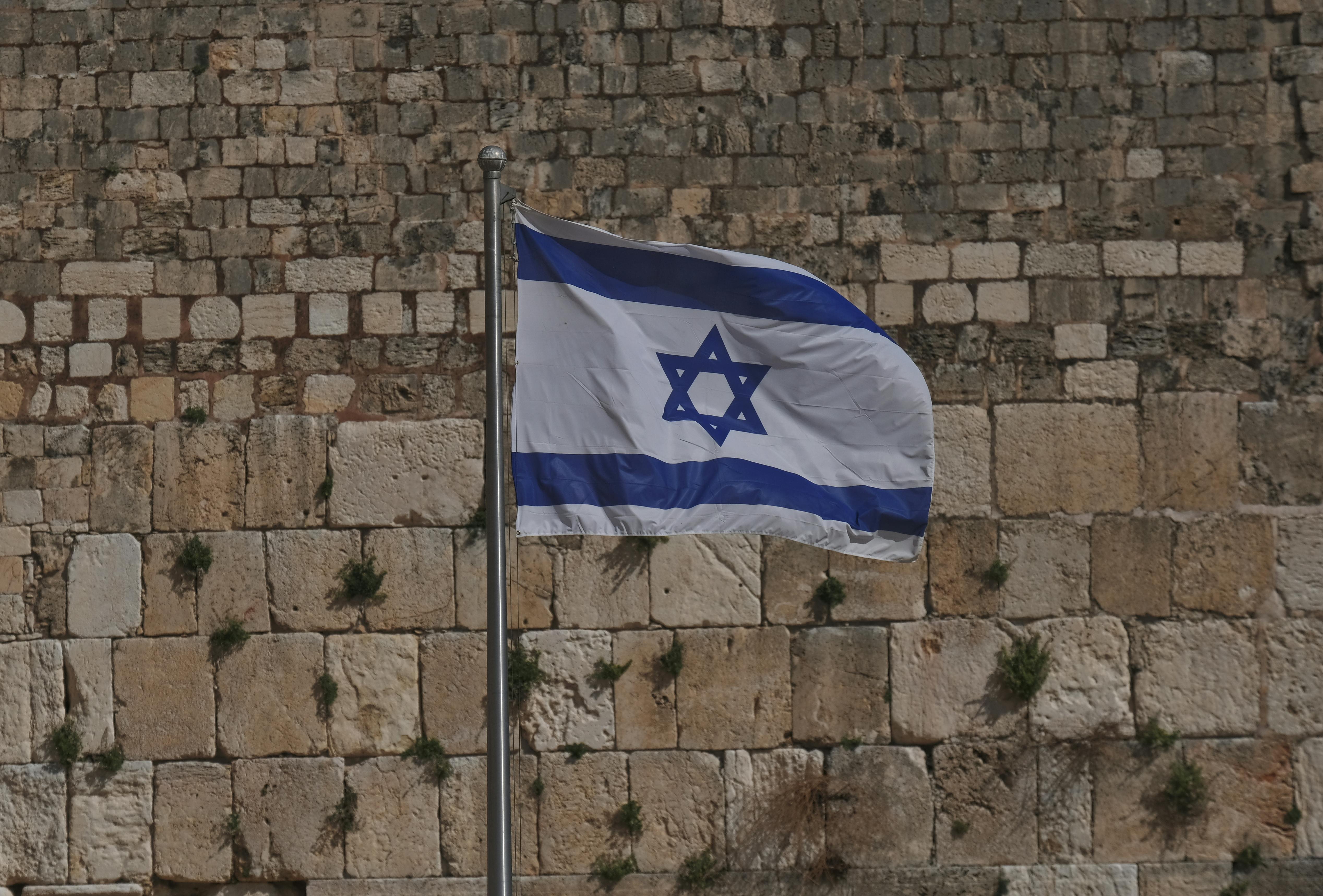December 15, 2023|ג' טבת ה' אלפים תשפ"ד Vayeshev-Chanukah 5784 - What We Think Is Small, Is Really Quite Big
Print ArticleRabbi Yonah Geller, Portland Oregon, Rabbi of Cong. Shaarei Torah for 40 years points that there are at least THREE times in our history where a small jug or small amount of oil went a long way.
1) Last week in Parshas Vayishlach we read about Yaakov being left alone just before he is accosted by and fights with an anonymous MAN throughout the night.
And Chazal are bothered: Why was Yaakov by himself? He was travelling with his whole family! And answers the Gemara in Chullin (91a), quoted by Rashi and many others, that Yaakov had accompanied his whole family across a river, but he had forgotten PACHIM KETANIM, small jugs, and he went back to retrieve them himself, and it was then that this ISH attacked him.
- The Maharal even points out that this was just a few jugs, something most others would have just left behind, but Yaakov thought they were important enough to go back for, important enough even to risk his personal safety.
2) Haftara for Parshas Vayera, from Melachim II, tells the story of a poor woman, Chazal tell us that her husband was the navi Ovadia. And her husband had died, and she tells Elisha the Navi that she has debt collectors coming to collect, but she has NOTHING in her home except “ASUCH SHEMEN”, a jug of oil.
Elisha tells her not to worry. Go grab as many containers as you can, close the door behind you in your home, and keep pouring. She does so, and she pours and pours the oil until the receptacles run out, and she now has enough money to pay her debts. But even as you read the story it’s clear that she regrets that she doesn’t have MORE receptacles. As if she never could have imagined how much oil would come from this small jug.
And, of course, the third example, the story of Chanukah: As the gemara in Shabbos Daf 21b asks:
מאי חנוכה?
What is Chanukah?
And the gemara goes on to describe what we call “the miracle of the oil”. A small PACH SHEMEN, enough only for one day, which lasts for eight.
The Marahal in his sefer Ner Mitzvah points out that the Miracle of the oil in the BHMK was actually another manifestation of what had already occurred on the battlefield:
- In the war of Chanukah, a small group, led by Kohanim, give it a shot to try something extraordinary that would otherwise be totally UNEXPECTED, and they succeed.
- So, too, in the BHMK, a small flask of oil, which otherwise would be expected to have little impact, is lit by a group of Kohanim, and has an extraordinary impact.
So, what, asks Rav Geller, is the tzad hashave, the common thread that runs through each of these stories?
That in each story, there are people who look at something that otherwise would be seen as small and insignificant, something that would NOT EVEN BE WORTH PAYING ATTENTION TO, SIMPLY NOT WORTH THE EFFORT, and they say, you’re not seeing straight. It may look small, but this PACH KATAN can have an EXTRAORDINARY IMPACT.
And maybe even more important, people who may have seen themselves as small, who were able to do something ENORMOUS.
Rav Yaakov Moshe Charlap: Could ask, why do we light a Menorah in our homes? A Non-Kohein would NEVER light the Menorah!? And he explains that the fact that on Chanukah EVERY SINGLE JEW lights their own menorah in their own home emphasizes the role of each of us play to light a fire in the hearts of other Jews and in ourselves. We each light a Menorah to remind ourselves of the beautiful light inside each of us that bring so much light to the world.
Rav Kook writes:

Within every Jew there is some element of being a Kohein, since we are all part of the "Nation of Priests and the Holy Nation". And that inner desire for a life of holiness and to understand Torah is stored deep within every Jewish heart. And that same jug of oil - that inner hidden world - which has the seal of the High Priest, the Assyrian Greeks would never be able to defile.
As you well know by now, I returned one week ago from what I can only describe as a confusing, horrifying, inspiring, and amazing trip to Israel. I was in the country for 72 hours total. Yet, the time there had an extraordinary impact on me. I shared many of the details in writing during that week on WhatsApp as well as when I returned via an email that went out, but I want to share three takeaways from the trip, though I could share so much more.
And really all three ideas I’m going to share, relate to this message of realizing the power the PACH KATAN, that small jug inside of each of us, can have on ourselves and on others:
1. The ability for one, regular, person to do things they never could have imagined:
On my last day in Israel, we went to visit individuals who had been injured on October 7th and were recovering in Soroka Hosprial in Beer Sheva. One of the young men I met was Amiram Bitbol. Amiram is a police officer in the middle of the country. When he heard what was happening down south, he grabbed his gun and his gear and drove down to the kibbutzim to fight off terrorists until he was critically injured. Together with a small group of others who had come down to fight, he helped stave off the terrorists and keep them from moving further into the state as we now know they had intended to do.
He didn’t go with a group. He went on his own. I mentioned in my writings that someone asked him how he had the courage to DRIVE TOWARDS THE DANGER. He couldn’t even understand the question. He lost friends in the fighting, but he told us: Ananchnu Am Echad. Achim Anachnu, and he was ready to go back to his work as a police officer, protecting Am Yisrael.
Yesterday, I saw video that he left Soroka hospital on Erev Shabbos, two months to the day since the attacks.
In Kibbutz Zikim, we met Elior, the head of the volunteer security force, who, along with only 11 other volunteers, held off a group of 10 heavily armed terrorists. They spent 4 hours keeping them out of the kibbutz, saving the lives of 1,000 residents who live there.
In Sderot, we met Rav Sassi, a rebbe at the Hesder Yeshiva of Sderot, who, once he heard that terrorists were in Sderot, got in his ambulance and took his gun, and drove towards the bullets, saving multiple people. Together with a few others, he held off 50 terrorists who ended up barricading themselves in the Sderot Police Station (which was eventually bombed by the IAF), preventing them from making their way up the hill where over 300 students were staying at the yeshiva for yom tov.
2. The Impact ONE PERSON can have on so many…
Wherever we went, soldiers, families, were so appreciative that we have come all the way from the United States just to be with them.
- Mother of Eitan Dov Rosensweig HY”D, whom we visited at their shiva, wanted to see each of our nametags which had our cities on them, to see where we had all come from.
- No matter where we were, when we offered letters from adults and children, the soldiers, the bereaved families, they were not just making us feel good. They really wanted them!
- Every family member of a hostage that we spoke with, we asked if we could daven with them for their son, and their response each time, was an enthusiastic yes! Some of these people are very secular, and when greeted with a group of rabbis, they were so appreciative.
- Soldiers BOTH at the hospital and at the BBQ we had later that night kept on asking: Did you go to that rally with 300,000 Jews in Washington, D.C.!? That was AMAZING!
- What we are doing here MATTERS TO PEOPLE IN ISRAEL. And they LOVE seeing American visitors. It gives them so much strength!
3. Connection to ALL JEWS, Connection to Eretz Yisrael & Medinate Yisrael
One thing that I continued to feel after I came home, was how much MORE connected to the land I feel after all of this.
BH I have had the zechus to go to Israel many times, but NEVER have I had such warm, close conversations and experiences with non-religious Israelis. And on this trip, MOST of the time we were speaking to individuals who were NOT religious AT ALL. Especially in the south, in the hospital, the vast majority of the kibbutzim are totally not religious.
At one point in the hospital we were speaking with Amiram, and he sat up and I saw this huge tattoo along his entire arm. And it was the first time during the whole visit that I even REALIZED that I’m dati and he isn’t. Because for most of the trip it just didn’t seem to matter. As Amiram said to ME, “ANACHNU AM ECHAD!” We’re ONE PEOPLE. And it made me feel connected to EVEN MORE of Am Yisrael and even MORE connected to Eretz Yisrael.
I have never been a fan of Aliyah-shaming, and I still am not. You know, well-intentioned people who have made Aliyah and now critically ask Americans how they can still live in America. I don’t think it works. I actually think it has the OPPOSSITE effect. I don’t know ANYONE who has EVER made Aliyah because they felt guilty. Nor do I believe that we should make Aliyah out of fear for what’s happening here. We should make Aliyah because we feel drawn to the Land of Israel, to the place where we belong, to the place that is the FUTURE of our People.
And part of what I feel in that negative rhetoric sometimes, is that I would feel annoyed when people would say “you’re not going back home. You already are home.”
With all that being said, when a number of people said to me this week, so nicely,“Welcome home”, it was hard for me to hear. I, of course, was very happy to come home to reunite with my family and the community that I love. But it felt different this time. I felt that when I left to come back to the United States, I wasn’t just leaving the land, I wasn’t just leaving my nuclear family, my brother and his family. When I left this time, I felt I was leaving my NATIONAL family behind too.
And maybe that’s because I felt more like family with EVERYONE in Eretz Yisrael and Medinat Yisrael. Or maybe it’s because our family is hurting so bad, or because our family is fighting so hard for all of us. But it felt different to leave this time than any other time in my life, and I’m glad that it did.
If I have to sum it up, though, I would say that what I saw and experienced in Medinat Yisrael was a people who are hurting terribly, but also a people who are never going to stop fighting!
No matter how long this war takes, there will NEVER be a ceasefire in the hearts of Am Yisrael. And just as the Jews in Eretz Yisrael continue to stand up and fight another day, whether on the battlefield or in how they live their daily lives. We, too, must continue to fight to bring the light of our small pach shemen out to the very dark world around us each and every day.
The language of the gemara in Shabbos is interesting when it talks about that pach shemen. It says,
נעשה בו נס והדליקו ממנו שמונה ימים.
The simple reading is that there was a neis, a miracle, and it STAYED LIT for eight days.
Perhaps we can read the gemara a little differently. Naaseh Bo Neis V’Hidliku Mimenu. The people had been beaten, and humiliated, and tortured, and yet when they returned to the Beis HaMikdash and DIDN’T have enough oil they could have just given up.
But Naaseh Bo Neis, there was a miracle, HIDLIKU MIMENU. They didn’t say, “what’s that SMALL AMOUNT OF OIL GOING TO DO ANYWAY! THE DARKNESS WILL JUST RETURN TOMORROW NIGHT! The neis was that they were willing to get up and LIGHT IT, with no promise that it would last. And what happened? HKBH saw our strength, and resolve, and determination, and allowed to keep burning and burning.
Yehi Ratzon, that Hashem should see the incredible strength and determination of our people, in Eretz Yisrael, right here in this room, and around the world. May He see our willingness to NEVER UNDERESTIMATE THE FIRE THAT CAN EMANATE FROM THAT PACH SHEMEN INSIDE US, and may He respond by allowing that fire to burn forever and ever, expelling the darkness outside with an incredibly powerful light.
